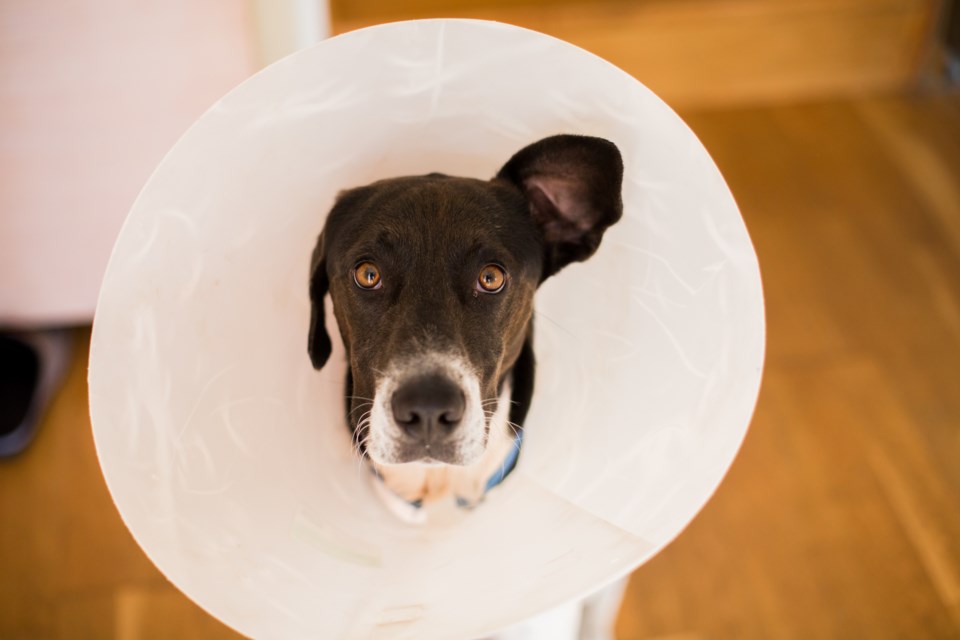In a case that tests free speech against critical online reviews, the Surrey Animal Hospital has lost its bid to temporarily order a woman to remove her contentious social media posts about the care her dog received.
Surrey Animal Hospital Ltd. applied to Supreme Court of sa国际传媒 for an interim injunction ordering Victoria Veira to remove her TikTok posts, which are critical of the veterinarian because of alleged improper care of her dog Charlie received when he was neutered at the clinic on March 14, 2022.
The clinic had previously launched a defamation claim against Veira, who had claimed the clinic abused animals and was a “slaughterhouse” following a disagreement about how Charlie became infected after his surgery.
Justice John Gibb-Carsley ruled July 31 that Veira’s comments were “manifestly defamatory,” however not necessarily indefensible.
Gibb-Carsley explained in his ruling that an injunction against speech must meet a high standard. Should an injunction be granted, it “effectively decides the ultimate issue on its merits, before a trial is even held.”
And, said Gibb-Carsley, “the importance of free speech in Canadian society means that an injunction stifling expression should be granted only in the clearest of cases.”
“As inflammatory as the use of the word slaughterhouse is, the sting of Ms. Veira’s comment is that the Clinic offers substandard (and dangerous) veterinarian services. In my view, it is not impossible that she will succeed in her defence of this comment. Given the high standard that governs the imposition of an interim injunction in the defamation context, I find an injunction is not warranted in relation to the slaughterhouse comment,” stated Gibb-Carsley.
Furthermore, Veira’s claim a clinic worker “slammed” Charlie’s head against a table, to examine his testicular sack infection, may, if substantiated, be grounds to describe the clinic as having been abusive toward animals, Gibb-Carsley noted.
In addition to not being a clear-cut case of defamation, Gibb-Carsley noted an unexplained seven-month delay between the claim and the injunction application.
The court heard how the social media posts led to RCMP being called in to investigate threats against the clinic — a matter Veira tried to quell by calling on people to stop those threats.
In his decision, the judge commented on some aspects of Veira’s social media posts.
“Free speech is of paramount importance in Canadian society. However, speech has consequences. Online speech in particular can often lack a full and balanced account of contentious situations and disputes, to the detriment of those it concerns.
“I raise these issues because Ms. Veira’s postings appear to only tell her side of the story, and merely present a narrative that she believes to be true. For example, she does not mention in the Posts that she chose to use a protective collar she purchased for Charlie that was not the post-operative collar recommended by the Clinic.
“Further, in the Posts Ms. Veira does not acknowledge, as she does in the affidavits before the court, that while in her care, she allowed Charlie to lick his wound.
“These determinations will be for another day, but I reference them to highlight the potential pitfalls of posting online critiques that may not tell a complete story,” stated Gibb-Carsley.

